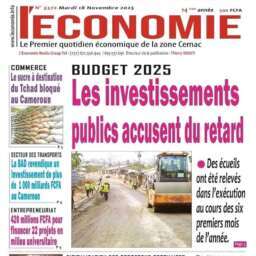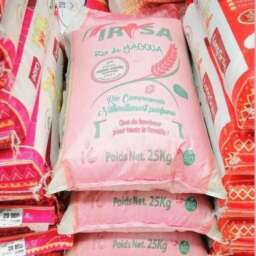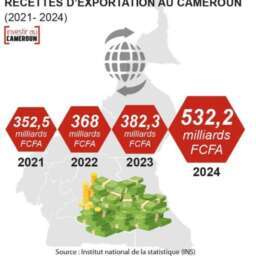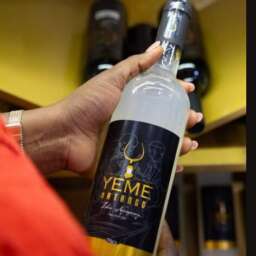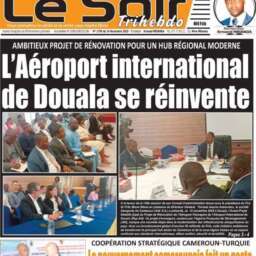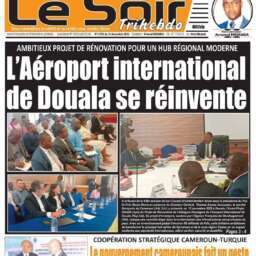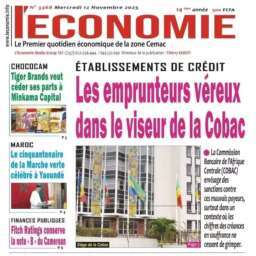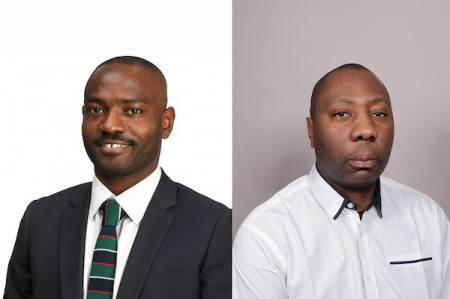- (Business in Cameroon) – FinAfrique, a pan-African consulting firm specializing in banking, finance and insurance sectors, created Inclusive Bonds to help informal enterprises in sub-Saharan Africa secure financing.
- Inclusive Bonds have been recognized by credit rating agency Moody’s as a “Social Bond” with a Very Good sustainability quality score (SQS2).
Panafrican advisory firm FinAfrique has designed solutions to address the challenge of securing financing for tiny businesses, also known as ‘informal’ sector companies, which contribute significantly to job creation and value added in Sub-Saharan African economies, according to their most recent report. The firm’s executive director, Fabrice Kom Tchuente, and partner-expert, Ronan Tchiebeb, explained their innovative solution, known as Inclusive Bonds.
In Sub-Saharan Africa, very small enterprises (VSEs) and informal sector actors represent a significant portion of the economy, playing a crucial role in job creation and service provision. Tchiebeb provided figures to illustrate that informal enterprises account for nearly 90% of jobs in the region, compared to 53% in Latin America and 68% in the Asia-Pacific. In terms of GDP contribution, they represent over 50% in Sub-Saharan Africa, as opposed to 30% in Latin America and 18% in the so-called transitioning economies.
However, these businesses, which are often clustered around one to ten employees and tend to be particularly prevalent in rural areas, have found it difficult to access traditional financing sources due to a variety of factors including prohibitive bank collateral requirements, complex financing procedures, lack of financial transparency, absence of valued assets, and inability to produce business plans.
A bright spark amidst the difficulties has been the entrepreneurial turn toward alternative sources of financing, such as community savings models like the tontine, which is popular in Cameroon and Togo. However, these alternative models tend to suffer from limited capital mobilization capacity due to their disconnect from the global financial circuit and limited scalability due to their highly localized and often sector-specific focus.
Tchuente further explained how FinAfrique developed a solution, born of a basic observation that informal sector activities represent over 50% of the Gross Domestic Product (GDP) in most Sub-Saharan African countries and account for about 85% of jobs on the African continent, according to the International Labour Organisation. Paradoxically, this sector remains largely overlooked when it comes to financing.
To address this, FinAfrique proposed a financing mechanism for informal sector activities through a bond, guaranteed by three stakeholders: the State (20%), International Guarantee Funds (50%), and the final beneficiaries, namely informal traders and craftsmen (30%). Moody’s France has recently awarded inclusive Bonds the “Social Bond” label with a sustainability quality score (SQS2) equivalent to Very Good status.
Speaking on how eligible VSEs can directly benefit from the resources mobilized by the Inclusive Bonds project, Tchuente explained that the selection of projects to be financed is conducted before the fundraising. This allows for the validation of a bond issuance size that matches the funding requirement, ensuring funds can be dispersed as soon as subscription collection is complete. Ultimately, approximately 10 billion FCFA will be allocated to each participating country, benefiting around 1,000 recipients with an average loan of 10 million FCFA per individual.
This innovative funding strategy, with no subsidies or rate enhancement, provides an upgrade for the customary practices of financial institutions. The pilot operations, currently carried out in Cameroon and Ivory Coast, hope to be expanded to other African countries.
Interviewed by Idriss Linge



